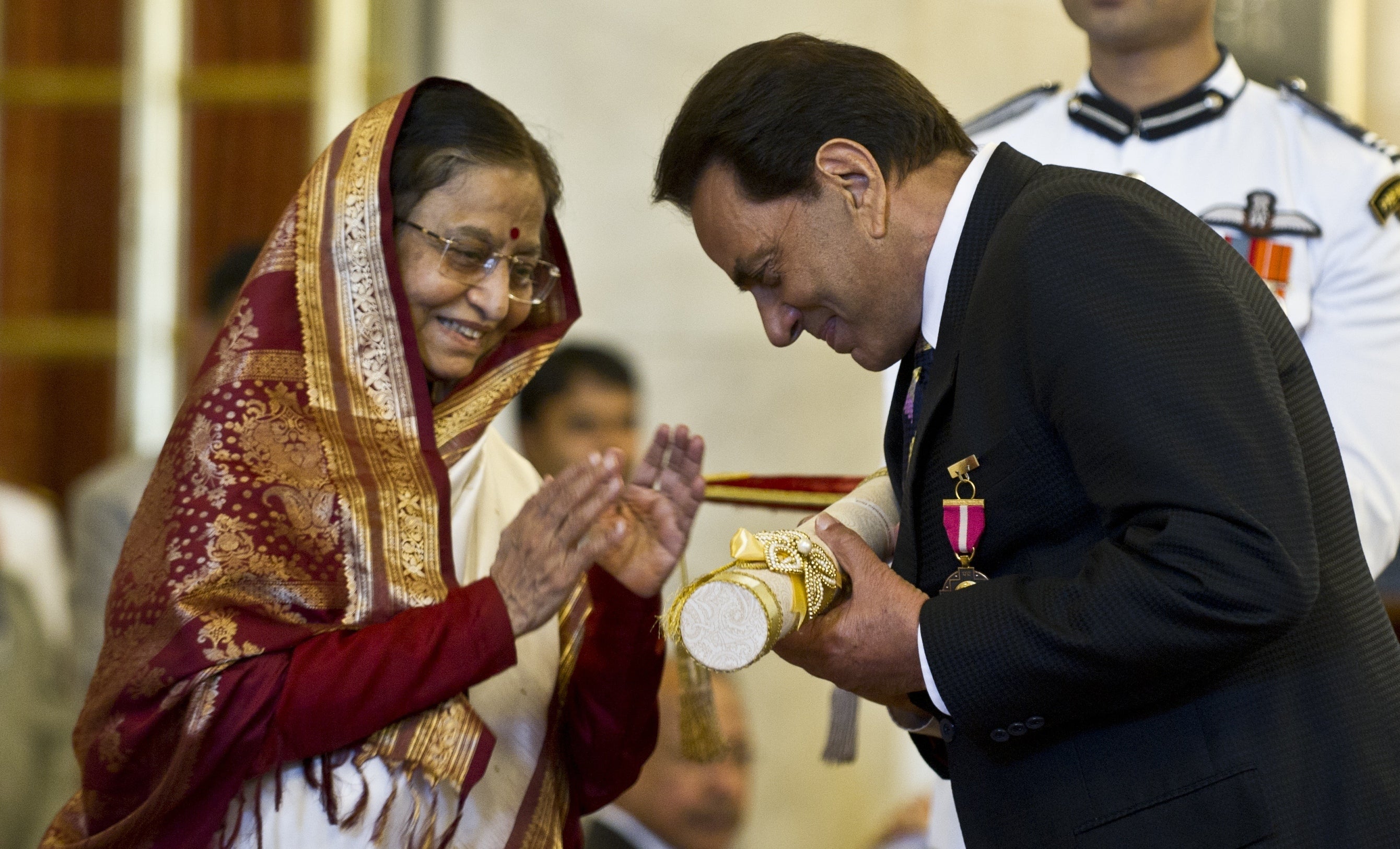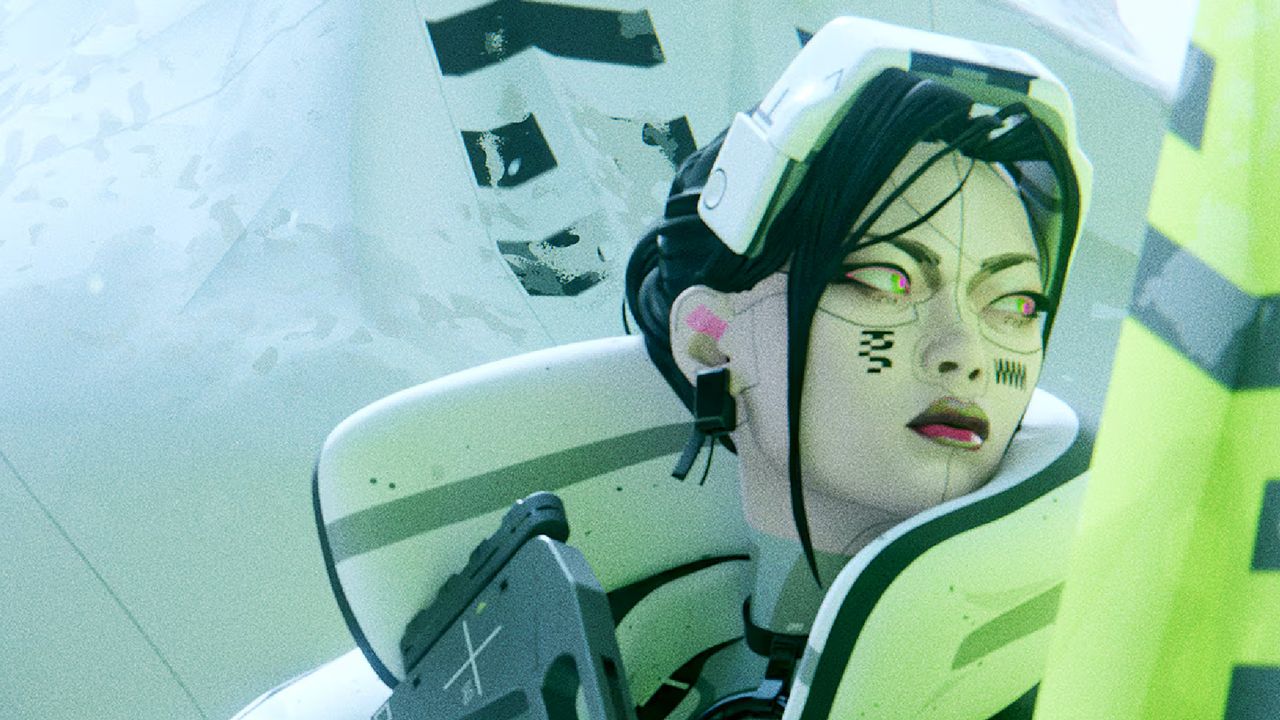- Culture
- Film
- News
Actor was admitted to hospital after complaining of respiratory issues earlier this month
Shahana YasminMonday 24 November 2025 09:16 GMTComments
 CloseRelated: Salman Khan and SRK visit Dharmendra in hospital
CloseRelated: Salman Khan and SRK visit Dharmendra in hospital
Get the latest entertainment news, reviews and star-studded interviews with our Independent Culture email
Get the latest entertainment news with our free Culture newsletter
Get the latest entertainment news with our free Culture newsletter
 Email*SIGN UP
Email*SIGN UPI would like to be emailed about offers, events and updates from The Independent. Read our Privacy notice
Dharmendra, the veteran actor and beloved figure of Indian cinema, has died aged 89.
His death was confirmed by Indian news agency IANS, citing family. Indian filmmaker Karan Johar also posted a message on social media mourning the actor’s death. Multiple Indian media outlets carried visuals of the actor’s relatives and members of the film industry, including actors Amitabh Bachchan, Shah Rukh Khan and Aamir Khan, entering the Pawan Hans crematorium in Mumbai to purportedly pay their last respects.
Dharmendra had been admitted to Mumbai’s Breach Candy Hospital on 7 November after complaining of respiratory issues and was discharged later that month.
Fondly known as the “He-Man of Bollywood,” Dharmendra leaves behind a cinematic legacy spanning more than six decades and over 300 films.
Born Dharmendra Kewal Krishan Deol on 8 December 1935 in Sahnewal, in the northwestern state of Punjab, he was raised in a farming family and developed a fascination for cinema as a teenager, often cycling miles to the nearest theatre to watch legendary actor Dilip Kumar’s films.
His first break came when he won the Filmfare New Talent Contest in 1958, which brought him to the hub of Bollywood, Mumbai.
His screen debut followed in 1960 with Dil Bhi Tera Hum Bhi Tere and, within a decade, he went on to define a generation of Indian film heroes – physically striking, emotionally accessible and equally at ease in action in a romance or comedy.
It was the 1966 hit Phool Aur Patthar that transformed him into a star. The film’s mix of action and sentiment became a template for his screen persona and earned him his first Filmfare Award nomination for best actor.
He followed it with a string of successes, with Mera Gaon Mera Desh (1971), Yaadon Ki Baarat (1973), Chupke Chupke (1975), and the cult classic Sholay (1975) among them.
In Sholay, where he played the swaggering, warm-hearted Veeru opposite Amitabh Bachchan’s stoic Jai, Dharmendra helped create what would become India’s most enduring buddy-film archetype.

Watch Apple TV+ free for 7 day
New subscribers only. £9.99/mo. after free trial. Plan auto-renews until cancelled.
Try for freeADVERTISEMENT. If you sign up to this service we will earn commission. This revenue helps to fund journalism across The Independent.

Watch Apple TV+ free for 7 day
New subscribers only. £9.99/mo. after free trial. Plan auto-renews until cancelled.
Try for freeADVERTISEMENT. If you sign up to this service we will earn commission. This revenue helps to fund journalism across The Independent.
Years later he told the ANI news agency that he had recommended Bachchan for the role, telling director Ramesh Sippy: “There’s this new boy. Judging by his voice, he will do a great job. Take him.”
Though his “He-Man” label came from his muscular physique and on-screen toughness, there was also a vulnerability to his performances. His romantic dramas, like 1966’s Anupama and 1969’s Satyakam, revealed a gentler side, and his effortless comic timing in Chupke Chupke showed a versatility rare among leading men of his generation.
“The camera loves me, I love the camera; I can’t live without the camera, to be frank,” he told ANI in June this year, explaining his attachment to acting.
In a career spanning more than 300 films, Dharmendra worked with virtually every major director of his time, from Bimal Roy to Ramesh Sippy. His co-stars included Meena Kumari, Hema Malini, Jaya Bachchan, and Saira Banu, and his chemistry with Hema Malini, whom he later married, became legendary both on and off screen.
 Dharmendra was awarded the Padma Bhushan in 2012 (AFP via Getty)
Dharmendra was awarded the Padma Bhushan in 2012 (AFP via Getty)In recognition of his contribution to cinema, Dharmendra was awarded the Padma Bhushan, India’s third-highest civilian honour, in 2012.
He also briefly entered public life, serving as a Member of Parliament for Bikaner, Rajasthan, from 2004 to 2009 with the Bharatiya Janata Party.
In an interview with The New Indian Express in 2019, he said politics “was not my true calling”, adding that he had “always been a patriot at heart, but cinema is where my soul belongs”.
Dharmendra continued to act into his eighties, appearing in ensemble films like Apne (2007), where he appeared alongside actor sons Sunny and Bobby Deol, Yamla Pagla Deewana (2011), and Rocky Aur Rani Kii Prem Kahaani (2023).
His final appearance will be in Sriram Raghavan’s Ikkis, due to be released on 25 December 2025.
He is survived by first wife Prakash Kaur and their four children – sons Sunny, Bobby and daughters Vijeta and Ajeeta – as well as his second wife Hema Malini and their two daughters, Esha and Ahana.
Designer Manish Malhotra posted an emotional tribute to the actor, writing that his death was a “huge loss to Indian cinema and someone whom you never ever wanted to see go”.
Bollywood actor Kajol also posted a tribute, writing: “The OG of the Good Man is gone and the world is poorer for it. Somehow it seems like we are only losing the good people in it. Kind to the core and loved always.”
More about
BollywoodAmitabh BachchanJoin our commenting forum
Join thought-provoking conversations, follow other Independent readers and see their replies
Comments



